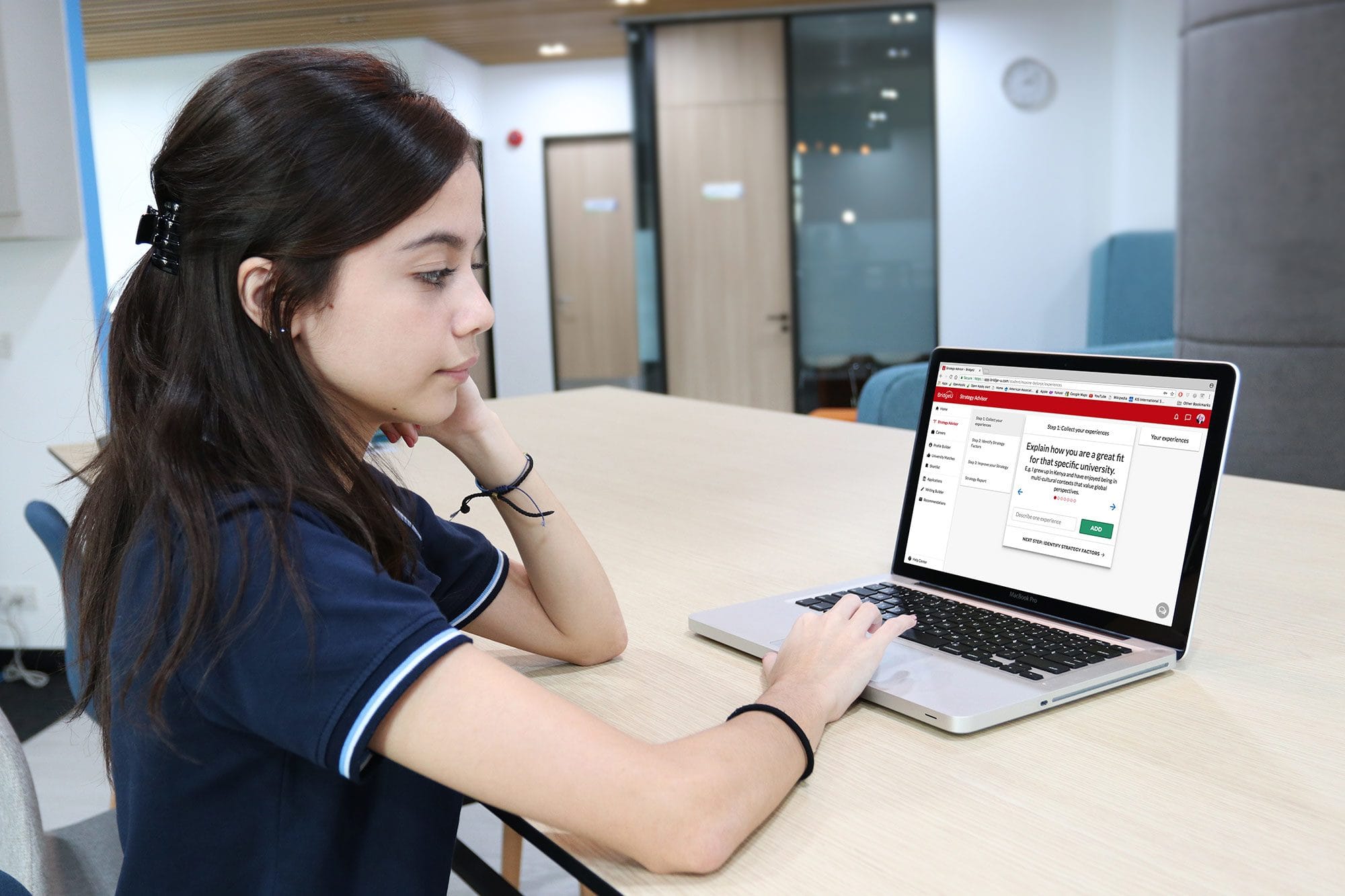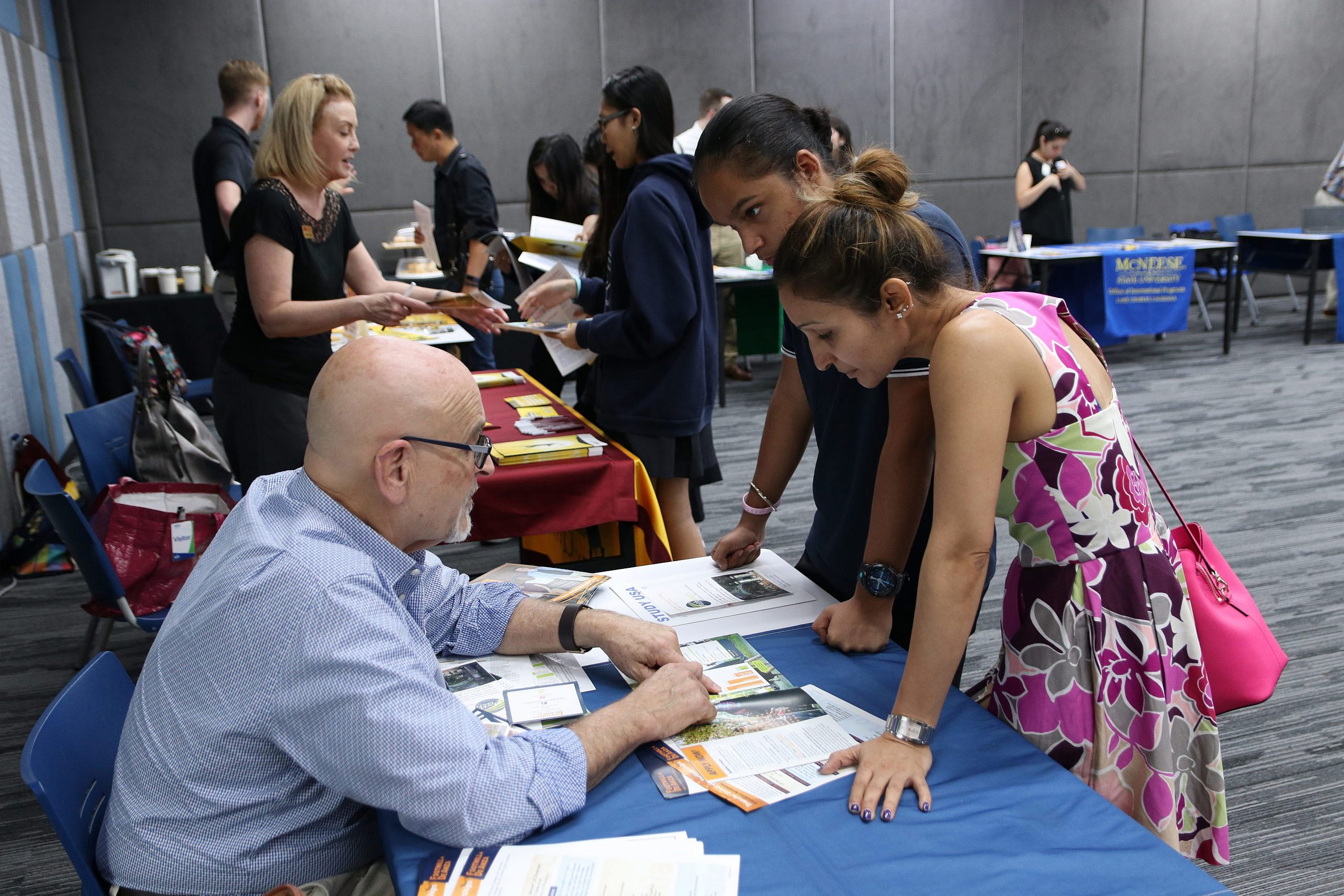The right institution of higher learning can make all the difference.
Researching post-secondary options can be an overwhelming and intimidating challenge for a high school student. This task entails considering multiple factors – academics, location, community, size, affordability and campus resources – all practical, yet pertinent factors that should be taken into consideration.
For young students, this is their first step out into the world of adulthood. It can be an intrepid journey to take alone and KIS International School in Bangkok has a team of specialised counsellors guiding students toward their future with invaluable tips on finding the best university fit.
What do you want in a university? Everyone’s different, so making a list of priorities is a good way to start, taking into account admission requirements, course offerings, academic resources and opportunities. Are you interested in a large institution? Or would you rather be a ‘big fish in a small pond’? Where do you see yourself flourishing to your fullest potential?
What’s the best academic setting for you? Beyond the reputation of a university overall, is it renowned for specific courses? Consider the quality of the teaching staff and a department’s research experience and credibility. Inquiring about research and internship opportunities on campus is worthwhile too.
Where do you want to be? Deciding on location, whether home or abroad, is key to narrowing down the numerous options. Do you want to attend university in a rural, suburban or urban area? Some courses offer placements or even an academic year abroad, potentially offering the best of both worlds. Being practical about how to get to and from lectures and accommodation needs and cost implications are important factors too, while safety and security cannot be underestimated.
What are the costs? Tuition fees, books, general expenses and travel costs have to be factored in realistically. Are students allowed to work and learn? It is also important to look into alternative ways to fund your education, such as scholarships and grants.
How is the campus community? Activities and socialising are all part of university life, so it is beneficial to connect with current and past students to find out more about their experience. While physically visiting a campus is the best way to gain first-hand knowledge of a community, virtual tours and student publications are the next best thing to see and learn what’s happening at the university.
For more information please contact KIS International School, [email protected] or visit www.kis.ac.th.










